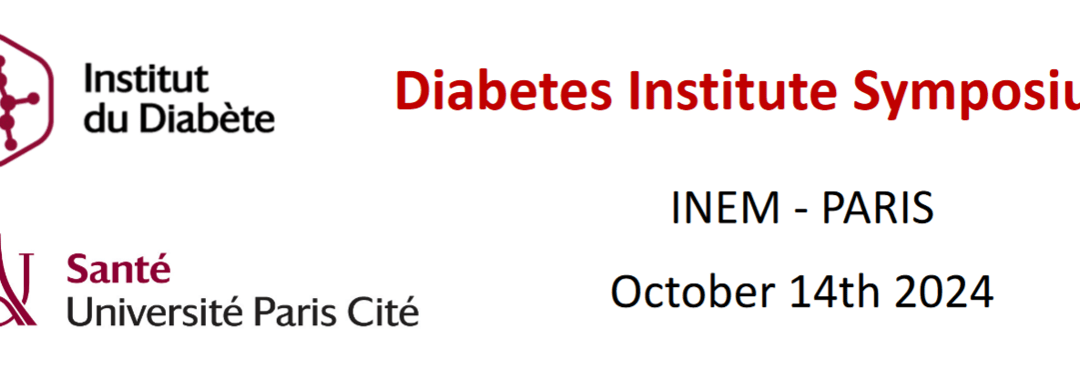GLUTADIAB
Targeting Glutamine Metabolism to prevent Diabetic Cardiovascular Complications

Glutamine metabolism and macrophage polarization.
In M1 macrophages, succinate accumulates due to glutamine-dependent anerplerosis and the GABA shunt. In M2 macrophages, α-ketoglutarate generated from glutaminolysis is essential for OXPHOS and FAO. Glutamine also supports M2 macrophage polarization through the glutamine–UDP-GlcNAc pathway. Also, M2 macrophages have a potential isocitrate to α-ketoglutarate conversion breakpoint in the metabolic flow of the TCA cycle.
© 2019 American Society for Nutrition.
Diabetes and related CV disease are associated to exacerbated inflammation, and an activation into a pro-inflammatory status of myeloid cells. Glutamine (Glut) is a critical fuel for the TCA cycle, a key regulatory checkpoint in macrophage polarization. The reported decreased [Glut] in T2D could reflect aberrant glutaminolysis of blood monocytes. The generated metabolites may trigger molecular mechanisms of pro-inflammatory polarization of monocytes in diabetes associated CV complications.
The aim of this project is to elucidate the molecular determinants involved in orchestrating the reprogramming of monocytes polarization in diabetes associated cardiovascular complications.
Read more

Post Doctoral Position
Fully funded 2-year Post-doctoral position in the team of Dr. Ralf JOCKERS, at Institute Cochin

2024 Scientific Annual Day of the Diabetes institute
On Monday, October 14th, the annual Diabetes Institute Scientific Day took place, bringing together around 100 participants at the INEM. Opening of the Annual Scientific Day of the Diabetes Institute Maude LE GALL - Co-Director of the institute (left) Catherine POSTIC...

Diabetes Institute scientific day
The overall goal of this Diabetes Institute scientific day is to provide the most important and up-to-date research in the field of metabolism made at University Paris Cité. The workshop will focus on understanding the recent progress in adipose tissue and liver biology including metabolic and inflammatory processes in the control of the energy homeostasis. Special emphasis will be done to highlight the importance of the organ crosstalk and how signaling pathways in one tissue could affect the metabolism in other tissue.

Les jeunes de l’IHM seront à l’EASD
L’IHM Diabète est heureux d’aider les jeunes à participer à l’EASD en leur attribuant une bourse de 1000€
Rendez-vous en Septembre à Madrid !
